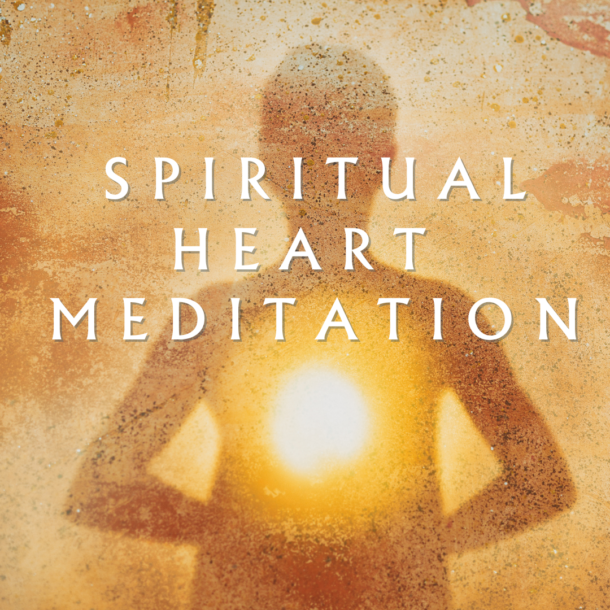Fatigue
Do you experience or struggle with any of the following:
- Do you need coffee before you can open your eyes?
- Do you have a big drop in energy in the afternoon and need caffeine or sugar to get you through the day?
- Are there certain times of days of the month where you just feel lousy?
- Do you feel exhausted after workouts and spend the next day or so recovering?
- Do you feel weak or winded after walking up a flight of stairs?
These are all signs your body isn’t producing sufficient energy. When you have felt this way for years, or sometimes what feels like your whole life, it is hard to imagine what it would feel like to have boundless energy. Lack of energy makes you feel depressed, not necessarily ‘clinically depressed’ but if we define ‘lack of vitality’ as depressed, then it makes you feel depressed; an overall feeling of lack of energy, enthusiasm, and well being. Your body needs energy not only to do to get out of bed, get to work, play with your kids, and exercise, but you also need the energy to support the body systems that keep you feel vital, healthy, motivated, and even happy. This includes the energy needed to
- Fuel the digestion, assimilation, and elimination of food in your digestive tract
- Detoxify you of harmful toxins
- Regenerate new proteins, cells, and tissue
- Support the immune system
- Support healthy cognition
Anything that inhibits your body from producing energy can have a deleterious effect on your body systems and therefore your energy levels making you feel tired, fat, and foggy. These are the early warning signs. It is years and years of feeling like this before more serious conditions begin to appear.
Western society has conditioned us to believe we should be doing something all the time. We fill our schedules, we work long hours, and we don’t value rest. In fact, many perceive rest as being lazy. This is changing but it is a slow process. We spend so much time in our minds that we don’t listen to our body’s. Lack of energy, fatigue, and lethargy are all signs that something is wrong.
Disease doesn’t happen overnight.
It is years and years of sub-optimal functioning of these body systems that then manifests into a disease.
How does your body produce energy?
The food you eat and the water you drink provide fuel for your cells to make energy to drive your metabolism. Food and liquids are digested and absorbed through the lining of your gut. Anything that interferes with this process can affect the energy levels in your body. Nutrients such as vitamins, minerals, protein, carbohydrates, and fat must be utilized and converted into energy by your metabolism. If any of these key nutrients are inadequate, this process won’t function optimally. Energy production also requires adequate signaling from your hormones. When this signaling is inadequate or disrupted due to lifestyle factors (stress, toxicity) then your energy production will be compromised. Eating inappropriate foods/combinations of foods, or eating at inappropriate times, and/or the presence of toxins and mental/emotional/physical stress can cause your energy production to decline.
Other reasons your energy levels might be low.
- Inadequate adrenal function
- Inadequate thyroid function
- The presences of food intolerances, parasites, bacteria or low stomach acid resulting in nutrient deficiencies such as vitamins and minerals and amino acids.
- Presence of toxins that disrupt hormone signaling and cell function.
How do you improve your energy levels?
- Diet
- Sleep
- Stress management
- Exercise
- Sunlight
- Healthy Relationships
- Toxin exposure/intake
Sometimes it takes more than just lifestyle tools. Using a functional medicine approach we can determine the root cause to your lack of energy production and test and correct your diet, metabolism, gut health, and your detoxification system and empower you with simple and sustainable lifestyle tools to sustain energy levels well into your old age.
See if this is right for you.
Through functional lab testing and personalized lifestyle-medicine programs, you can have the power to heal yourself to be the best you can be and rejuvenate every cell in our body to open up a whole new way of living.
We collect, use, and process, your data according to our privacy policy

